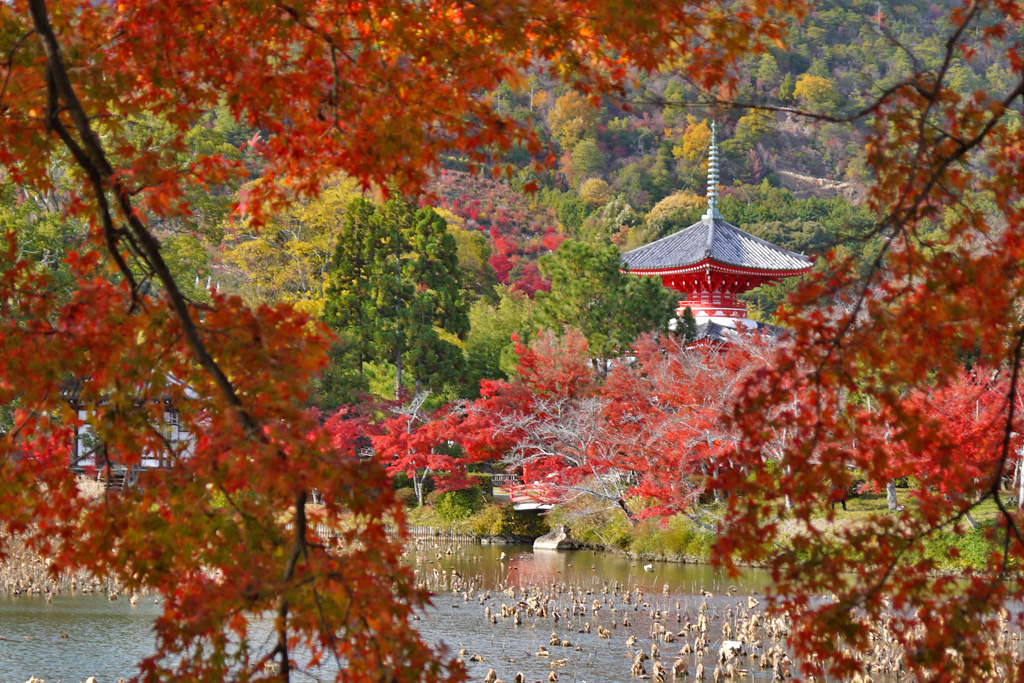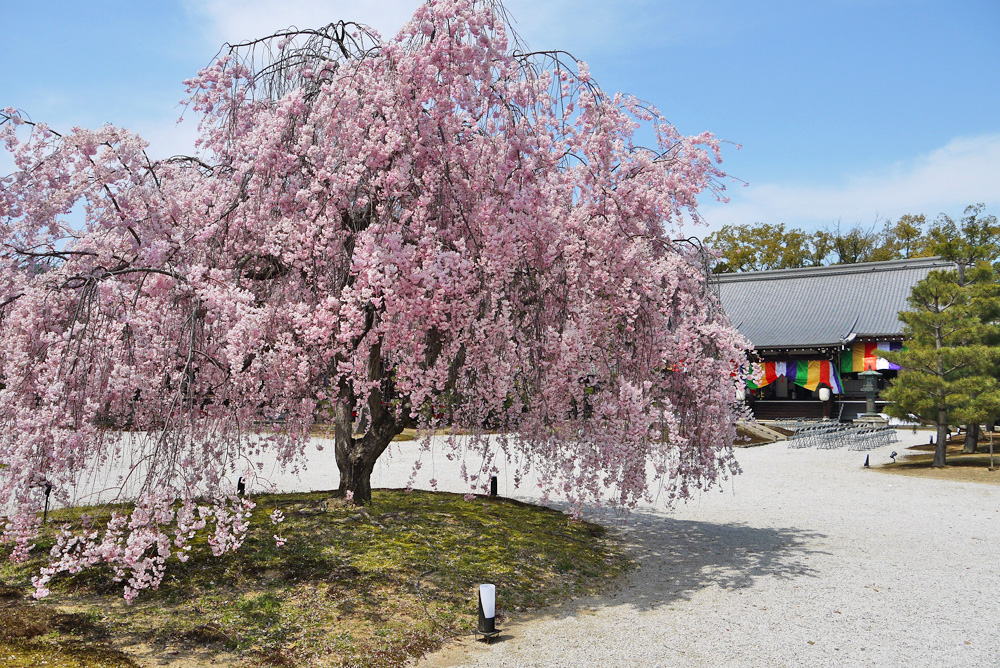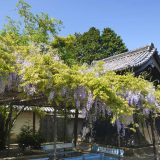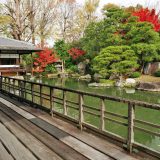

Table of Contents
What is Daikakuji Temple?
Daikakuji Temple was built as a detached palace of Emperor Saga in the early Heian period. Later, it was converted into a temple by Emperor Saga’s grandson, Prince Tsunenakanirimichi, and successive emperors and members of the royal family have succeeded him as the temple’s head priest. The temple is also known as the fundamental center of “Hannya Shingyo” (Heart Sutra).
Basic Information
| Name | Kyusaga Gosho Daihonzan Daikakuji Temple |
| Benefit | Elimination of plague and disease, fulfillment of one’s desire |
| Hours of operation | 9:00-17:00 (Registration closes at 16:30) |
| Admission Fee | Odo area: Adults 500 yen, Elementary and junior high school students 300 yen Oosawaike area: Adults 300 yen, Elementary and junior high school students 100 yen |
| Parking lot | Available (500 yen/2hours, 30 cars) |
| Location | 4 Saga-Osawa-cho, Ukyo-ku, Kyoto-shi, Kyoto 616-8411 |
| TEL | 075-871-0071 |
| Official website | http://www.daikakuji.or.jp/ |
Features and Highlights
- Beautiful garden to view and participate in
- Japan’s oldest shinkinden (Imperial Hall) and a masterpiece of Momoyama gold and blue paintings
- The Emperor’s shinkyo (Heart Sutra), written in his own hand to pray for the eradication of plague and disease
Shinkoden (Imperial Palace): The female palace used by the Princess Tofukumonin, decorated with Momoyama gold and blue paintings such as “Peony” and “Red Plum” by Kano Sangaku.
Shinkyouden: The Heart Sutra, written by emperors such as Emperor Saga, Emperor Gokogon, and Emperor Gokanen, is enshrined in this hall, which is known as an imperial seal that is opened only once every 60 years.
Murasame-no-Hallway: This elegant corridor is named after the vertical pillars, which are compared to rain, and the corridor with its right-angle bends, which are compared to lightning. Visitors can fully appreciate the beauty of the Japanese garden.
Osawa Pond: Located east of Daikakuji Temple, this is the oldest man-made pond in Japan. The majestic waterside with a circumference of approximately 1 km is dotted with many attractions such as the Moun-tei tea ceremony house, the Shinkei treasure tower, and the remains of the Nakoso waterfall.
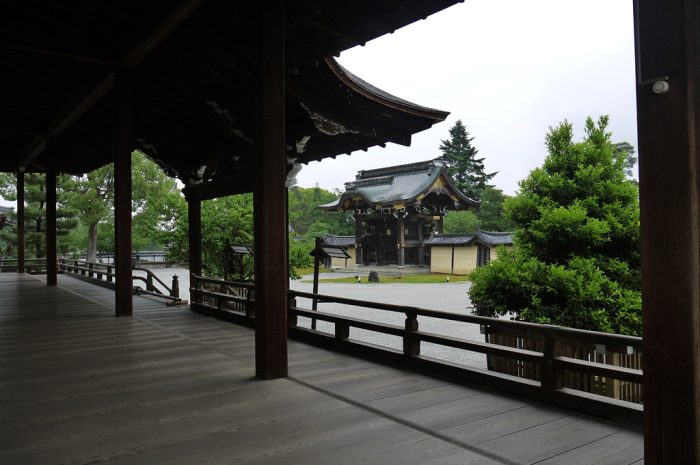
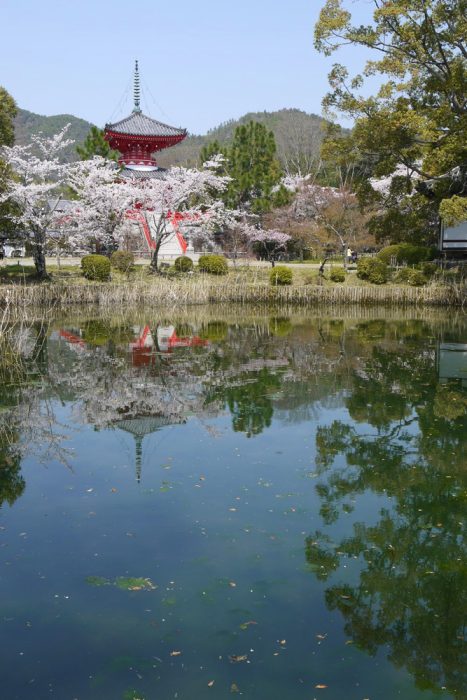
How to access
- City bus “Daikakuji” stop, several minutes’ walk
- Randen “Saga” station, 20 minutes on foot
Parking: 40 cars can be parked in the Daikakuji Temple parking lot for 500 yen for up to 2 hours for private cars of visitors.
Summary
Daikakuji Temple is a hidden gem in Kyoto, steeped in history and culture. With its beautiful architecture, lush gardens, and unique cultural experience, you can feel the atmosphere of the ancient capital of Kyoto. When sightseeing in Kyoto, please visit Daikakuji Temple and immerse yourself in its charm.

